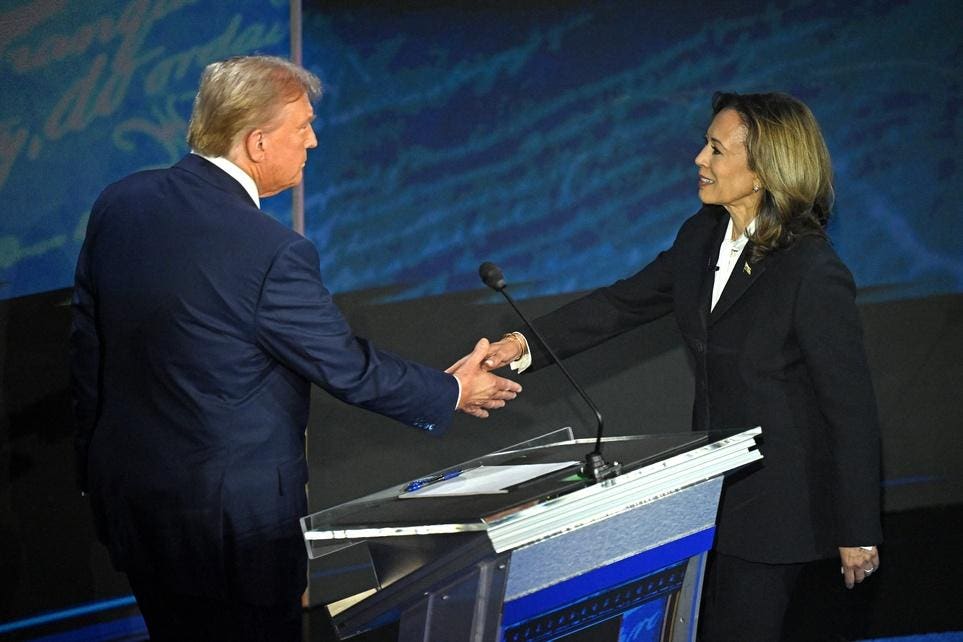Tariffs are essentially a tax on imported goods and are designed to protect American businesses from the threat of lower prices on imports. Tariffs may be broad or narrow. While consumers will pay more on imports subject to tariffs, the issue is much more complex.
Tariffs: A Primer
Tariffs have been used to protect American industry for over 300 years. Here’s an example of how they work. Assume XYZ Co makes widgets in the U.S. and sells them for $100 each. Further assume China can manufacture and sell them for $65 each. Even when shipping costs are factored in, let’s say the final cost of Chinese widgets rises to $75 each. Using these facts, U.S. consumers can buy the imported widget from China at $75 or pay $100 for one made in the U.S.A. Many consumers will opt for the low-cost China widget, which hurts the sales of U.S.-based widget manufacturers. If the federal government levied a tariff of say 33% on the China-made widget, the price on the Chinese-made widget would be about the same as the U.S. made widget, and Americans may prefer the one made in America. Simple right? Not exactly.
What would happen if there was no tariff in this case? American business would seek to produce widgets at a lower cost to garner more sales. To lower production costs, they might have them manufactured in China, which would also reduce U.S. jobs as the company would no longer be making widgets in the U.S. This is partially the reason for the decline in U.S. manufacturing jobs, which peaked in July 1979. To be clear, manufacturing jobs rose slightly under Trump, until the pandemic hit. These jobs also rose slightly under Biden until mid-2022 but have been flat since then. Thus, the main purpose of tariffs is to protect domestic businesses from cheap overseas labor and help stabilize the U.S. labor force.
Trumps Tariff Proposal
Former President Trump has mentioned tariffs on several occasions. He even suggested we could replace the income tax with tariffs. More recently, he has mentioned targeted tariffs, such as a 100% tariff on automobile imports from Mexico. When I consider his personality and his penchant for hyperbole, I doubt he would institute tariffs on all imports but do believe he would use specific Tariffs to support American businesses. Why? When you examine his speech and personality – including his negative traits, it may be wise not to take everything he says literally. Think of his comments during the pandemic on injecting bleach to kill Covid. I must presume he is aware that bleach is a poison and that injecting it can be deadly. What’s the bottom line? I expect, if elected, Trump would use specific tariffs to push foreign governments into more favorable trade agreements with the U.S.
Tariffs: Company Versus Consumer
Do tariffs help companies more than consumers? At first glance, the answer is yes. Businesses do experience a direct benefit when tariffs are levied against a foreign competitor. However, it’s important to note that we need American business to prosper so they can provide jobs to consumers. In the absence of tariffs, American businesses would be less competitive, resulting in fewer U.S. jobs and, as Ross Perot once said, there would be “a giant sucking sound” as these jobs moved to foreign countries.
What will Trump do if elected? Beyond tariffs, he has said he would reduce regulations and lower tax rates, which would stimulate economic growth. Trump continues to lead Harris in polls on who Americans trust more on the economy. However, Harris is gaining ground and the result in November is anything but certain.
Read the full article here

